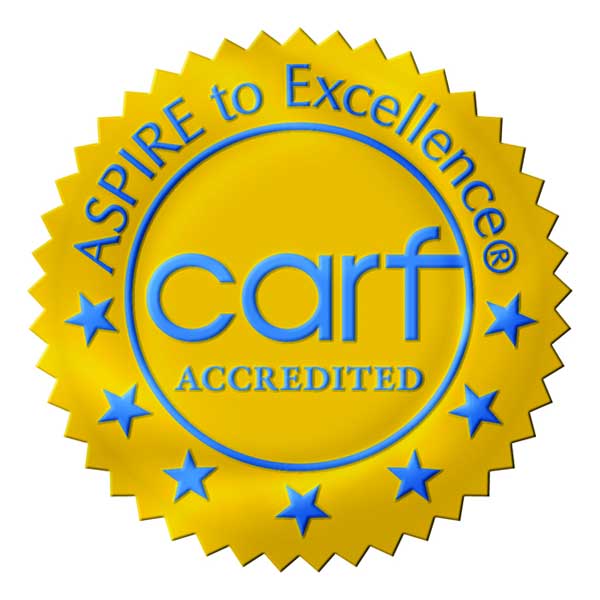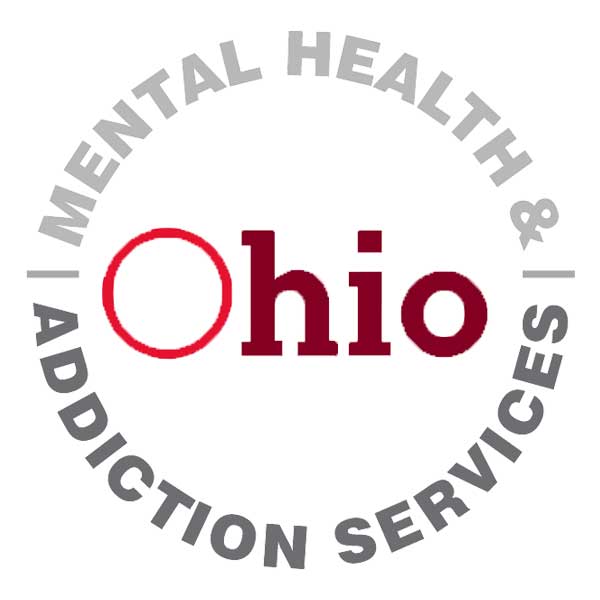GET HELP NOW
513.792.1272
Attending Mutual Support Groups to Aid Recovery

AT ASAP, we expect our clients to be attending mutual support groups during their Intensive Outpatient Program (IOP). In part, graduation from TRIP is dependent on attending at least 8 of these meetings. Research shows that for adolescents (or adults) to live a sober lifestyle, they need to have continuing support as they move from active substance abuse to recovery.
Why is Attending Mutual Support Groups Valuable?
Attending mutual support groups like AA, NA or SMART Recovery has multiple advantages over the “I’ll do it on my own” strategies. Research shows that the connection with others who are in similar situations and the acts of getting out of your home and going to a meeting help people stay abstinent.
In addition, the following reasons for attending mutual support groups may help you understand the benefits of these meetings:
- The simplicity of the abstinence approach has shown to be ideal for those who have a loss of control.
- Meeting others who have had similar experiences and are leading healthy, productive lives helps the person in early recovery see their future.
- Making new sober friends can help guide a newly sober person.
- Helping others can provide meaning and purpose to a newly recovering person’s life.
- Attending mutual support groups encourages self honesty.
Furthermore, newly clean adolescents need new social outlets to reduce boredom and increase connections with other sober people. Mutual support groups geared toward young people also provide a social experience that allows young people to develop a group of supportive/ non-using friends. Lists of “young people” meetings are available on our website and in our office. During the assessment, each family will receives a list of meetings that have young people at them.
Who is Attending Mutual Support Groups?
Almost anyone can attend mutual support groups. Depending on where you live and your need, the ideal groups may be plentiful and there are often separate groups for those in recovery and their family members. Furthermore, there are specific groups (like Alateen) supporting teens that are coping with family members who use.
At ASAP, we encourage families to become involved in Al-Anon or Nar-Anon or other support groups (like SMART Friends and Family). This can help with the effects substance use disorders have on them. Also, attending mutual support groups for parents and guardians can provide support and information. Hence, meetings are a great way to meet other families who are experiencing a similar situation. Parents can hear about other families’ successes and learn what types of situations to avoid.
Ultimately mutual support groups teach the three C’s that were originated at Alanon as it relates to substance use disorders:
- We didn’t cause this illness.
- We can’t control their desire to use or drink.
- We can’t cure it.
ASAP adds a 4th C for parents of teens who have substance use disorders:
- We can build a personal path to be capable healthy partners in recovery.
Consequently, engaging with a support network empowers families to maintain the boundaries and encouragement their teens need during recovery. Finally, the healthier the support system is, the more likely a teen is to succeed at being sober.
References
RELATED POSTS
ASAP is Cincinnati's premiere outpatient treatment center for teenagers and their families struggling with substance abuse and mental health problems.
SUBSCRIBE
Enter your email address to receive news and information from ASAP.











